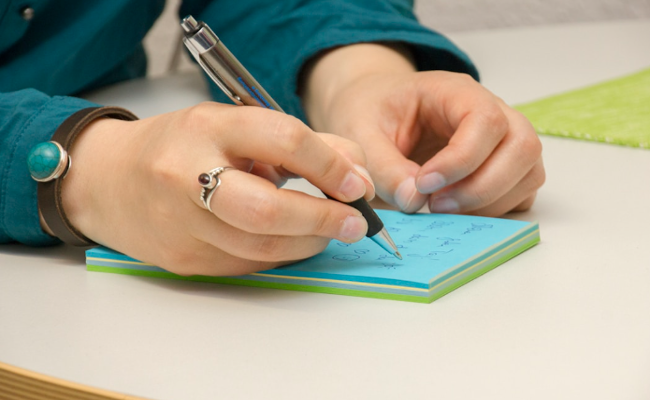The Road to Recovery: Remaking Yourself After a Personal Injury

Whether due to a vehicular accident, a workplace incident, or a simple slip and fall, personal injuries can drastically alter the course of one’s life. Beyond the immediate pain and medical interventions, the path to recovery often spirals into a complex journey of physical therapy, psychological adjustment, and legal pursuits. Though the challenges may seem immense, individuals retain the resilience to rebuild their lives from the ground up. In this article, we will explore the multifaceted process of healing and reclaiming the life you once knew. Keep reading to discover the necessary steps toward personal remaking after an injury.
Understanding the Psychological Impact of Personal Injury
Personal injury can have a profound psychological impact, causing fear, anxiety, and depression. Recovery requires patience and professional intervention. Traumatized individuals often experience PTSD, which can be managed through therapy and a support network. Self-esteem and independence may suffer, leading to doubts about one’s worth and capability.
Overcoming these barriers requires cognitive-behavioral therapy and support from loved ones. Lifestyle changes may also occur, leading to a reevaluation of identity and purpose. Setting realistic goals and celebrating small victories are crucial during the recovery process. Adapting to a new normal does not signal defeat, but rather personal growth and discovery.
Physical Rehabilitation Strategies: Regaining Strength and Mobility
Physical recovery is a crucial part of post-injury healing, with physical therapists creating personalized rehabilitation plans to improve strength, flexibility, and mobility. Adaptive methods like prosthetics, braces, and mobility aids have significantly enhanced recovery potential. Alternative therapies like aquatic therapy, pilates, and acupuncture offer holistic benefits.
Patience and perseverance are essential in the journey, as progress may be incremental but consistent efforts, guided by professionals and personal determination, yield improvements over time. Investing in a nutritious diet and adequate rest is also crucial for a well-nourished body, better equipped to heal, fight infections, and rebuild muscle strength. Caring for one’s physical well-being extends into mental health benefits by fostering control and active participation in the healing process.
Navigating the Legal Landscape Post-Injury
Understanding one’s legal rights is vital in recovering from an injury. Compensation for damages, including medical bills and lost wages, can ease financial burdens, and an Injury attorney offers essential guidance through personal injury law. They handle evidence collection, negotiations, and, if needed, courtroom representation to secure a fair settlement.
Navigating legal processes can be overwhelming with complex paperwork, strict deadlines, and emotional stress. A skilled personal injury attorney helps by managing these challenges, letting individuals focus on their health. Taking prompt legal action within the statute of limitations is essential to keep options open for justice and reparation.
Building a Support System for Emotional Recovery
The importance of a support system in emotional recovery cannot be overstated. It provides a safety net, allowing individuals to share stories and connect with others who have faced similar challenges. Peer support groups offer a unique space for exchanging collective experiences and wisdom, fostering understanding, empathy, and mutual growth.
Emotional recovery involves not only reaching out for support but also accepting vulnerability and seeking comfort from others. Maintaining social links is crucial for the healing process, enhancing mood, providing distraction, and contributing to overall well-being. Cultivating and nurturing these bonds underscores the importance of community in personal recovery narratives.
Re-establishing Routine and Purpose in Life After Injury
Rebuilding a daily routine after a personal injury can restore stability and bring a sense of normalcy back into life. A structured routine helps ground daily activities, creating predictability and aiding in recovery. For those pursuing professional or academic goals, like a drug development masters, resuming these paths can offer renewed purpose and boost self-esteem.
Gradual reintroduction into work or school is essential, allowing flexibility to avoid stress. Small achievements along the way build confidence. Exploring new hobbies suited to one’s current abilities can also bring joy and offer fresh avenues for self-expression, helping shape a fulfilling, post-injury identity.
Overall, the path to recovery after a personal injury is as personal as it is challenging, intertwining physical healing, legal strategy, psychological care, and the nurturing of relationships. By understanding the multifaceted impacts of injury and methodically addressing each area, one can not only recover but also uncover new depths of resilience and purpose. The road to remaking oneself is not a journey to traverse alone, but one where support, expertise, and personal endeavor all play vital roles.



